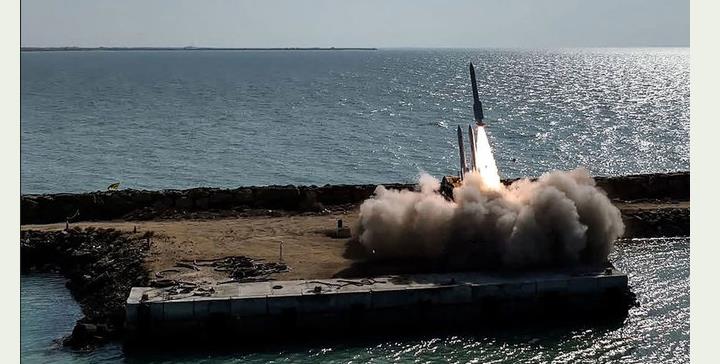
It was not just geopolitics that provided upward pressure to oil prices. OPEC supplies are down too. According to Argus Media, Venezuela oil production has collapsed to 500,000 bpd amid a precarious domestic situation, down from 1.15 million bpd in December. Iran’s production is down due to the US sanctions, while the contamination of Russian crude flowing through the Druzhba pipeline has further aggravated the supply situation.
Downward revisions of demand growth, however, had a mitigating effect on the oil price. And the biggest counterforce to rising oil prices are the faltering US-China trade negotiations.
On May 10, President Trump ratcheted up tariffs from 10 to 25 percent on $200 billion worth of Chinese imports. He is threatening additional tariffs on the remaining $300 billion of Chinese imports. China retaliated, which has less of an impact due the imbalance of the trading relationship.
The trade war further ratcheted up when the US administration put Huawei on an embargo list, putting at risk the telecoms firm’s US supply chain. Intel, Qualcomm, and Broadcom — three of the world’s leading chip suppliers — are reportedly cutting off their dealings with Huawei. China marks a huge market for chips — and so this move illustrates another impact of the trade row, which will see lower demand for oil, the world’s premier transportation fuel.
Though designed to take excess oil off the market, thus boosting prices, the production-cut agreement of OPEC+ — which is made up of the producer group and several allies led by Russia — has also helped appease market sentiment. It is somewhat counterintuitive, but the OPEC+ deal helps to keep prices in check because the cuts mean there is spare capacity in the system, with producers able to ramp up production should tensions escalate — thus reassuring the market.
On Sunday, the Joint Ministerial Monitoring Committee (JMMC) of OPEC+ met in Jeddah under the capable leadership of Khalid Al-Falih and Alexander Novak, the energy ministers of Saudi Arabia and Russia. They took a wait-and-see attitude, and will decide how to proceed with the production cuts when ministers meet in Vienna at the end of June. Al-Falih ensured markets that Saudi Arabia stands ready to supply them in case of any shortfalls, which he does not see at the present time.
So far OPEC+ has had a positive effect on markets, supplying extra crude when needed and taking it off when there was too much around. Stability benefits all, because wild fluctuations in the oil price make it hard for producers and consumers alike to plan with certainty.












